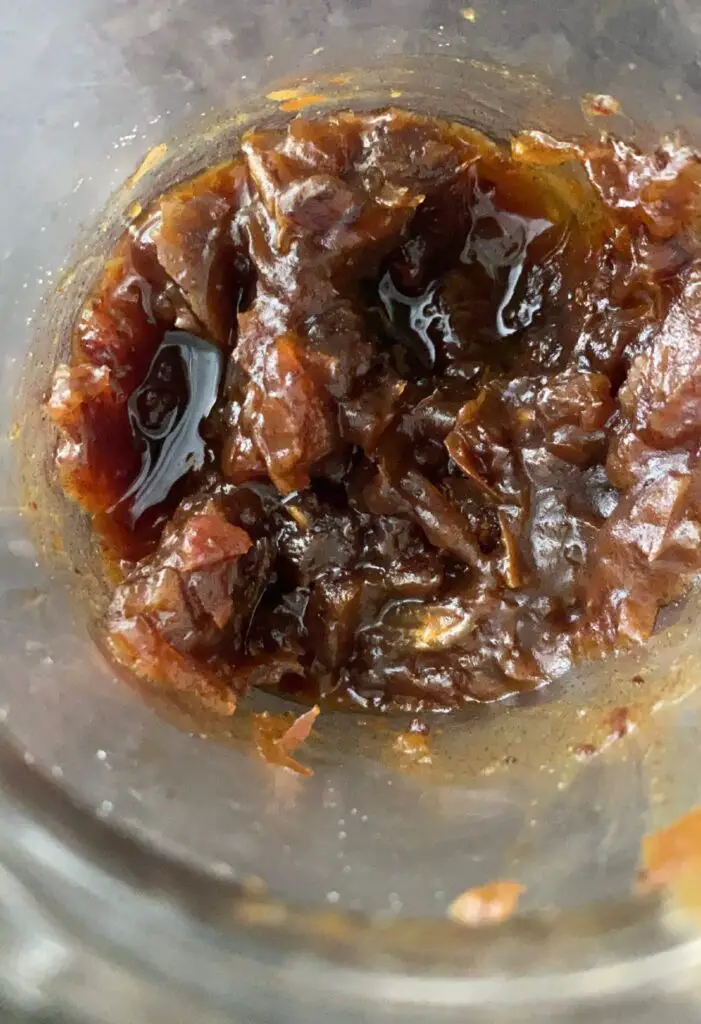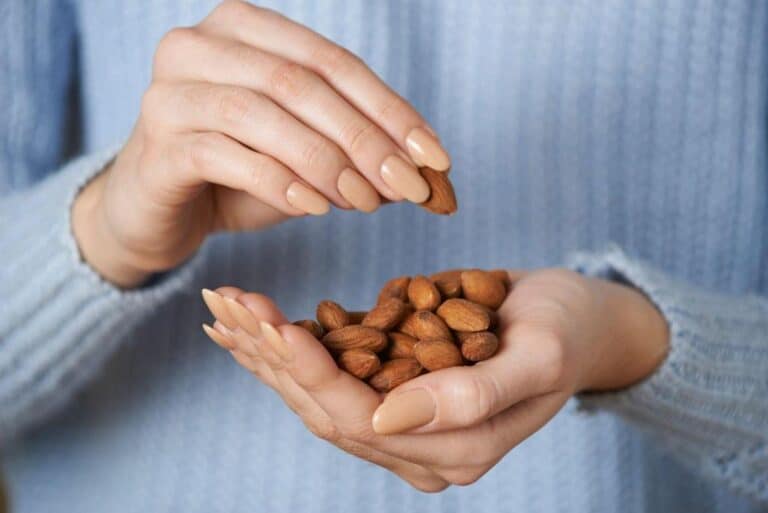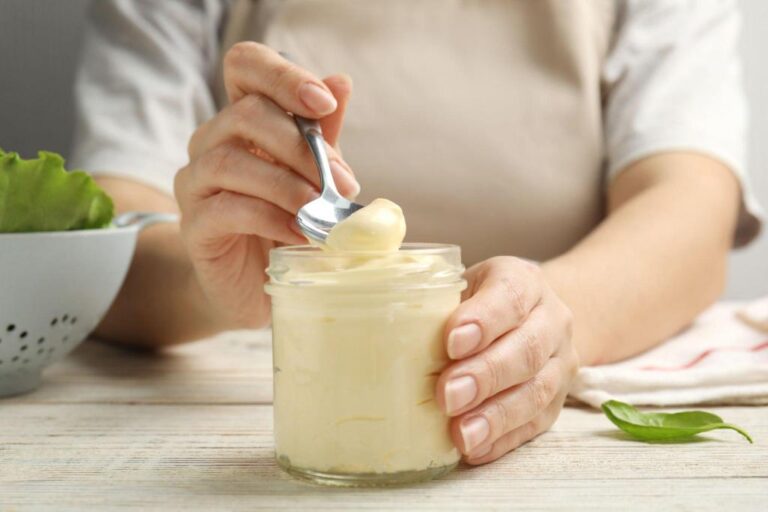Is It Safe to Eat Fermented Dates? Here’s What You Need to Know

Fermented foods have always intrigued me, especially when they pop up unexpectedly in everyday ingredients. I recently found myself staring at a batch of dates that had started to ferment. At first, I was hesitant—after all, dates are supposed to be sweet, not tangy!
But then, curiosity got the better of me. Could these fermented dates still be safe to eat, or was this a sign to toss them out? It’s one of those kitchen mysteries that leaves you questioning what’s really happening beneath the surface of your favorite snacks.
Have you ever bitten into a date, only to notice a slight fizz or sourness? It can be surprising, even a little off-putting, but it’s also fascinating. What causes dates to ferment, and when should you be concerned about their safety?
Fermentation is a natural process, but knowing the difference between healthy fermentation and spoilage is key. So, how can you tell when it’s okay to enjoy fermented dates and when to avoid them?
By the end of this article, you’ll have a clear understanding of what fermented dates are, why they occur, and how to determine if they’re safe to eat. Whether you’re looking to experiment with natural fermentation or simply want to avoid a food safety mishap, this guide will equip you with the knowledge you need. Let’s dive into the sweet, tangy, and slightly bubbly world of fermented dates!
What Are Fermented Dates?

At its core, fermented dates are simply dates that have undergone the process of fermentation. This is a process where natural sugars in the dates are converted into alcohol and other compounds by yeast and bacteria. The fermentation process adds a layer of complexity to the flavor and texture of the dates, often resulting in a slightly tangy, more robust taste.
Think of it like making wine or yogurt—fermentation transforms the original product, boosting its potential for health benefits. Fermented dates are essentially dates that have gone through this transformation, changing the chemical structure of the sugars and introducing beneficial microbes into the mix.
So, Are Fermented Dates Safe to Eat?
The short answer is yes—fermented dates are safe to eat as long as they aren’t spoiled. In fact, they can offer some interesting health perks. But as with any fermented food, there are a few caveats.
If your fermented dates have developed mold, a strange odor, or an off-taste, it’s time to toss them. Spoiled dates (fermented or not) can cause foodborne illness, which we’ll get into later. So, before you indulge in a fermented date, make sure it hasn’t spoiled!
What Happens to Dates During Fermentation?
Fermentation is essentially nature’s way of preserving food while also enhancing its nutritional value. When dates ferment, yeast breaks down the sugars (glucose and fructose) in the fruit, fermentation turning them into alcohols and acids. This process can help to:
- Increase the concentration of beneficial probiotics, which are great for gut health.
- Boost the bioavailability of certain nutrients, making them easier for your body to absorb.
- Give the dates a unique, tangy flavor that’s different from their fresh, sweet taste.
This process makes fermented dates a great addition to a healthy diet—especially if you’re looking to reap the benefits of fermented foods, like improved digestion and a stronger immune system.
The Impressive Health Benefits of Dates
Before we dive deeper into fermented dates, let’s remind ourselves of the many health benefits that dates already bring to the table. Whether fermented or fresh, dates are packed with nutrients that can support overall health.
Nutritional Powerhouse
Dates are often referred to as the “king of dried fruits” due to their rich nutrient content. Here are just a few reasons why dates are so great for you:
- Potassium: Dates are loaded with potassium, which helps maintain healthy blood pressure levels and supports proper muscle function.
- Iron: Dates are an excellent source of iron, promoting healthy blood circulation and supporting hair growth. If you’re pregnant, dates are especially important since they can help prevent anemia and other pregnancy-related issues.
- Fiber: High fiber content helps with digestion and keeps your colon healthy. It can also protect against the development of certain cancers.
- Vitamins A and K: These vitamins are essential for maintaining good vision and healthy skin. Vitamin A also supports your immune system.
- Magnesium: A key player in bone health, magnesium is essential for muscle contraction and overall cellular function.
But the magic doesn’t stop there! Dates also contain amino acids, antioxidants, and a touch of caffeine (perfect for a small energy boost).
How Fermented Dates Elevate Health Benefits
While fresh dates already provide a multitude of health benefits, the fermentation process adds a new twist. Fermented dates can further enhance gut health by increasing the number of beneficial bacteria (probiotics) that help balance your digestive system. These good bacteria play a role in reducing inflammation, improving nutrient absorption, and supporting immune function.
Fermented dates are also rich in bioactive compounds such as catechins and flavonoids, which have anti-inflammatory and antioxidant properties. These compounds contribute to:
- Reducing oxidative stress
- Fighting off harmful free radicals
- Boosting your body’s natural defense mechanisms
Read: Are Dried Dates Good for You?
A Unique Combo of Health-Boosting Nutrients
Fermented dates, much like other fermented foods, offer a unique blend of nutrients that can support overall health. Here’s a quick breakdown of what you get with fermented dates:
| Nutrient | Benefit |
| Potassium | Regulates blood pressure, supports muscle function |
| Iron | Promotes healthy blood flow, prevents anemia |
| Fiber | Supports digestion and colon health |
| Antioxidants | Reduces oxidative stress and inflammation |
| Probiotics | Improves gut health, strengthens the immune system |
| Vitamin A | Enhances vision and skin health |
How Can You Tell If Fermented Dates Are Spoiled?
Knowing how to spot spoiled dates is crucial for food safety. Fermented dates, like any fermented food, can turn bad if stored improperly. Spoiled dates can lead to foodborne illness, which occurs when food is contaminated by harmful microorganisms such as bacteria, mold, or viruses. Here are a few red flags to look out for when checking your fermented dates:
- Off smell: If they have a rancid or sour odor, toss them. Fermented foods should have a pleasant, tangy aroma—anything more pungent could be a sign of spoilage.
- Color changes: While a slight darkening is normal during fermentation, a drastic color change could indicate mold or other spoilage.
- Mold growth: If you see fuzzy patches or spots of mold, discard the dates immediately.
- Slimy texture: Fermented dates should still have a firm texture. If they feel slimy or mushy, it’s best not to eat them.
How to Safely Enjoy Fermented Dates
If you’re wondering how to enjoy these fermented goodies safely, here are some tips:
- Storage: Keep your fermented dates in an airtight container in the fridge. Proper storage will extend their shelf life and prevent spoilage.
- Look before you eat: Always check for any signs of spoilage before consuming them. Your nose and eyes are your best tools here!
- Moderation: Like with any fermented food, moderation is key. Enjoy fermented dates as a snack, but don’t overdo it. Eating too many fermented foods in one sitting can upset your stomach.
When Should You Avoid Fermented Dates?
While fermented dates can be a tasty and healthful addition to your diet, there are some situations where you might want to avoid them:
- If you have a sensitive stomach: Fermented foods can be hard to digest for some people, especially if they have gut issues like IBS or SIBO.
- If you’re on medication: Some medications can interact with fermented foods, especially if they contain probiotics. If you’re unsure, it’s always a good idea to check with your healthcare provider.
- If you’re pregnant: While dates are great during pregnancy, fermented foods can sometimes cause discomfort due to their high probiotic content. Again, moderation is key!
Conclusion: Fermented Dates Can Be a Healthy Delight
In conclusion, fermented dates are generally safe to eat and can offer a variety of health benefits, from supporting digestion to boosting energy levels. As long as they haven’t spoiled, you can enjoy them as a tasty, nutritious treat.
Whether you’re looking to improve your gut health, enhance your immune system, or simply enjoy a unique twist on the classic date, fermented dates are a food worth adding to your diet. Just remember, moderation is key—and always use your senses to make sure they’re fresh before diving in. So go ahead, enjoy those fermented dates, and reap the rewards of this ancient superfood!






